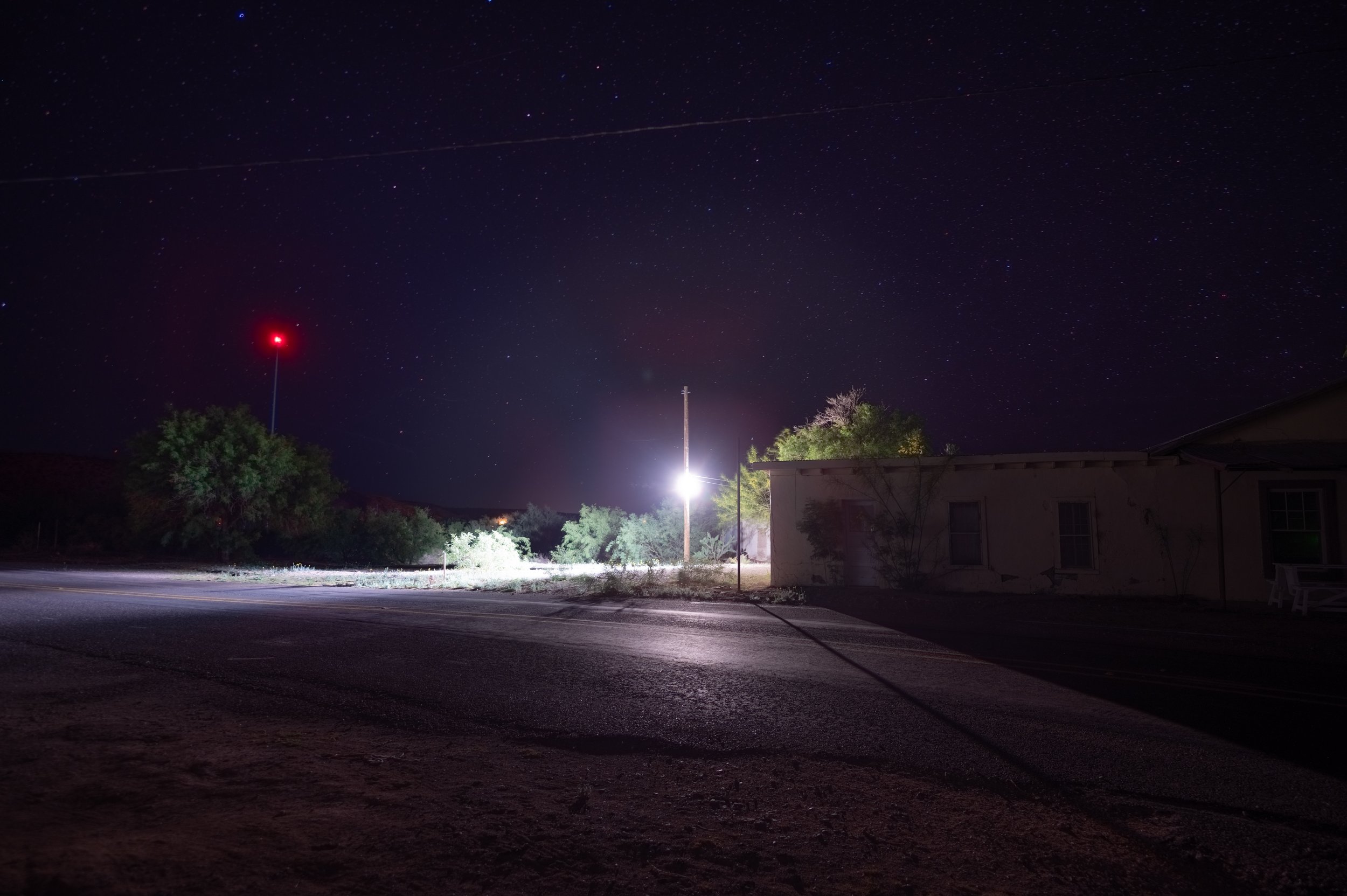How to talk to your neighbor about lighting
Does your neighbor have a light that shines onto your property or washes out the stars? Talking to someone about their light can feel daunting, but here are some tips to keep things friendly and get results.
-
Be Prepared
Conversations are always easier when you know what you’re talking about. First learn about the impacts of light pollution, the benefits of better lighting, and what lighting measures may be in place in your area. Watching this video is a great place to start.
It’s always a good idea to lead by example. Before talking to others, make sure you’re following night-sky friendly practices yourself. This way you can also use your own home or business as an example and speak from experience. Alternatively you could use these recognized locations as examples.
Not sure about something? Feel free to get in contact with us for advice.
-
Bring A Solution, Not a Problem
When approaching your neighbor, be sure to have a proposed solution to the problem ready. Simply complaining about a light without offering guidance on how to fix it is unlikely to win anyone over. Consider purchasing an example fixture or bulb for them to try for themselves, or have a clear product in mind to recommend to them. Consider offering to help install it if you are able. You could also invite them to stargaze with you or look through a telescope to help them gain an appreciation for the sky for themselves.
Remember to make it clear that you are not simply asking them to live in darkness, and never lead with pointing out ordinance violations. Your goal is to make their life easier.
-
Hear Their Concerns
Your neighbor may have initial concerns about changing their light, or may misunderstand the goals. The biggest mistake you can make is not acknowledging and addressing their concerns directly. Ask them if they have any concerns rather than avoid the question.
The most common concerns are related to safety. They may feel that reducing the amount of light may make them less safe, or that bright lights help deter crime, or that lights will help keep wildlife away. Hear their concerns out and do not interrupt them. You could point out that bright lights may cause blinding glare, or may it easier for thieves to identify targets of value and for predators to identify prey. Propose using a motion detector so that the lights are not on at all times. You could also point out that even large industries with heavy machinery use night-sky friendly lights because of the increased visibility and safety they provide.
Your neighbor also may have concerns about cost. Point out that night-sky friendly lights can save energy and cost less to operate, and typically are the same price or only slightly more than common fixtures.
-
Stay Positive
Being friendly, approachable, and offering clear solutions goes a long way towards ensuring success. It is likely that your neighbor has simply not considered that their lights may be a problem, so be polite. Consider inviting your neighbor onto your property to see their light from your perspective.
It is not recommended to highlight a violation of a lighting ordinance early in the discussion. You could however use the ordinances as a guide to help solve the problem by using the language to recommend action. Lighting ordinances are a last resort.
Before leaving, be sure to leave something physical behind. This could be a brochure about lighting practices, a sample light fixture or bulb, or even a token of your appreciation such as cookies, a small gift, or whatever you feel is appropriate. A physical reminder of the visit will help them remember to take action later.


